
Bone health is essential for overall well-being, impacting mobility, strength, and the risk of various diseases. Understanding how bone health varies across genders, including non-binary individuals, can help us adopt better practices to enhance our skeletal system. This article outlines bone health considerations for different genders and provides practical tips for you to improve your bone health.
Bone Health in Non-Binary Individuals
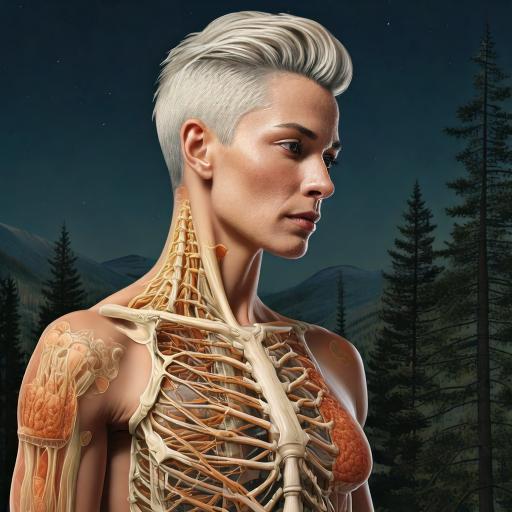
Non-binary individuals may face unique challenges related to bone health, especially due to the societal pressures and health disparities that can affect them. Hormonal treatments, if applicable, can influence bone density, similar to the effects seen in women and men.
Key Factors for Non-Binary Individuals:
- Personalized Nutritional Needs: Just like in women and men, ensuring adequate intake of calcium and vitamin D is vital, adjusted for individual health needs.
- Physical Activity: Engaging in a mix of cardiovascular and strength-training exercises can support bone health.
- Mental Health Considerations: Addressing stress and mental health is important, as anxiety and depression can lead to sedentary behavior, negatively impacting bone health.
Bone Health in Women
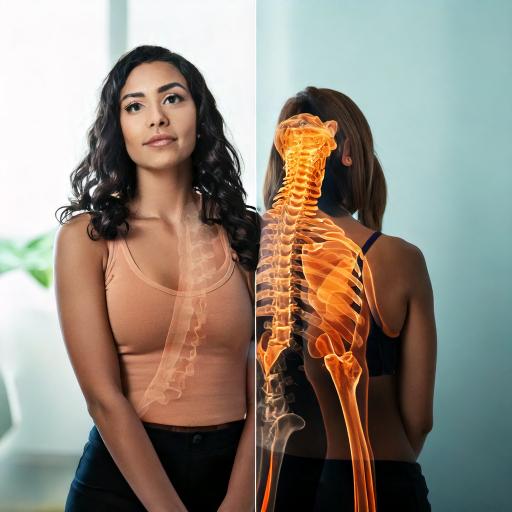
Women generally experience unique bone health challenges, especially related to hormonal changes throughout their lives. Factors such as menstruation, pregnancy, and menopause can significantly impact bone density. Post-menopausal women are at a heightened risk for osteoporosis due to declining estrogen levels, which plays a crucial role in maintaining bone density.
Key Factors for Women:
- Calcium and Vitamin D: Adequate intake is essential for bone formation. Women should aim for 1,000-1,200 mg of calcium daily, depending on age and life stage.
- Weight-Bearing Exercises: Activities like walking, running, and strength training help build and maintain bone density.
- Avoiding Smoking and Excessive Alcohol: Both can lead to decreased bone density and increased fracture risk.
Bone Health in Men
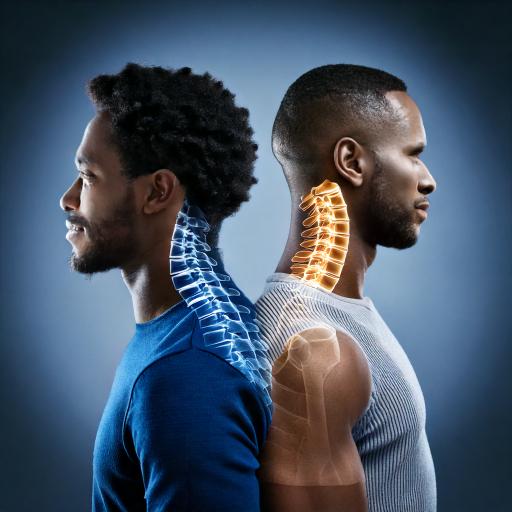
Men also face distinct challenges concerning bone health, although the risks often manifest differently than in women. While men generally have a higher bone mass, they are still at risk for osteoporosis, especially as they age. Testosterone plays a significant role in maintaining bone density, and lower levels can lead to bone loss.
Key Factors for Men:
- Nutritional Needs: Men should also aim for sufficient calcium and vitamin D, typically around 1,000-1,200 mg of calcium daily.
- Regular Physical Activity: Engaging in resistance training and high-impact sports can improve bone strength.
- Monitoring Hormonal Levels: Men should consult healthcare providers if they suspect low testosterone levels, as this can significantly impact bone health.
Practical Tips for You to Improve Bone Health
Regardless of gender identity, you can adopt various practices to promote better bone health. Here are some actionable tips:
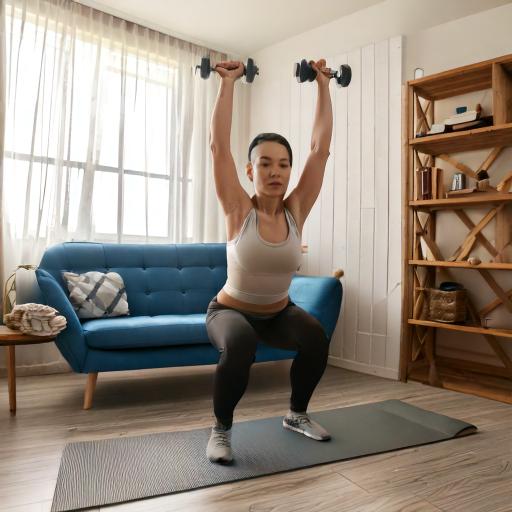
- Incorporate Weight-Bearing Exercises: Incorporate short walks during breaks, opt for stairs instead of elevators to encourage movement throughout the day or if mobility presents a challenge, consider seated options or the use of resistance bands.
- Healthy Snack Options: Keep snacks high in calcium, such as yogurt, cheese, or fortified plant-based alternatives. Almonds and leafy greens are also excellent choices.
- Stay Hydrated: Proper hydration aids overall health, including bone health. Drinking water regularly throughout the day is beneficial.
- Mindful Sun Exposure: Sunlight helps the body produce vitamin D, which is crucial for calcium absorption. You should aim for safe sun exposure or consider supplements, if necessary, under a healthcare provider’s guidance.
- Stress Management: Incorporate stress-reducing practices such as mindfulness, yoga, or even brief relaxation exercises during work hours to support overall well-being.
- Regular Health Check-ups: Get regular screenings and discuss any concerns about bone health with healthcare providers.
- Limit Caffeine and Salt: Excessive intake of caffeine and salt can hinder calcium absorption. Moderation is key.
- Educational Workshops: Attend workshops focusing on nutrition and physical activity to raise awareness about bone health.
Conclusion
Bone health is critical across all genders and identities, affecting quality of life and mobility. By understanding the specific challenges each group faces and implementing practical strategies, we can foster a culture of health and wellness that supports strong bones for everyone.
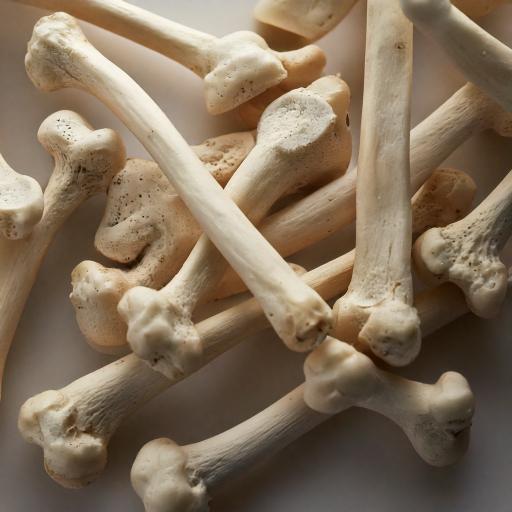
References
- Cosman, F., de Beur, S. J., LeBoff, M. S., et al. (2014). Clinical practice guidelines for glucocorticoid-induced osteoporosis: A systematized review. Journal of Clinical Endocrinology & Metabolism, 99(8), 663-683. https://doi.org/10.1210/jc.2014-1441
- National Osteoporosis Foundation. (2020). Clinician’s guide to prevention and treatment of osteoporosis. https://www.nof.org/wp-content/uploads/2019/10/NOF_CliniciansGuide_2020.pdf
- Weaver, C. M., & Heaney, R. P. (2015). Calcium. In Dietary Reference Intakes: The Essential Guide to Nutrient Requirements (pp. 267-305). National Academies Press. https://doi.org/10.17226/13050
- Looker, A. C., & Colsher, P. (2020). Trends in osteoporosis and related fractures among older adults in the U.S. American Journal of Public Health, 110(6), 835-842. https://doi.org/10.2105/AJPH.2020.305830
